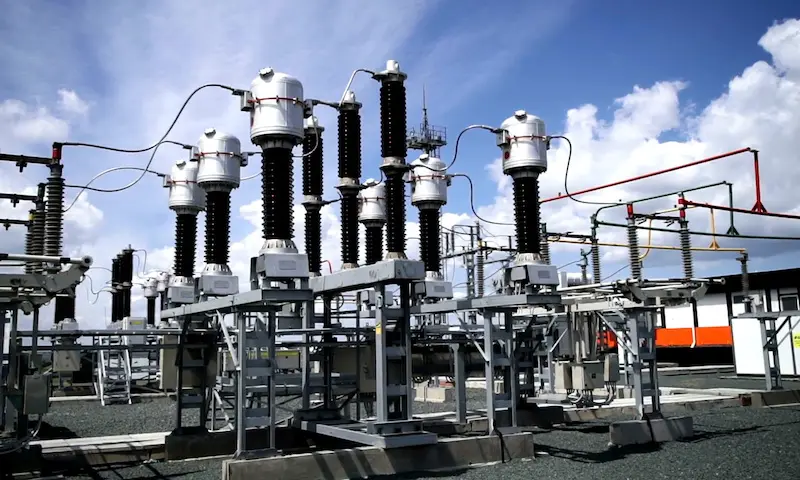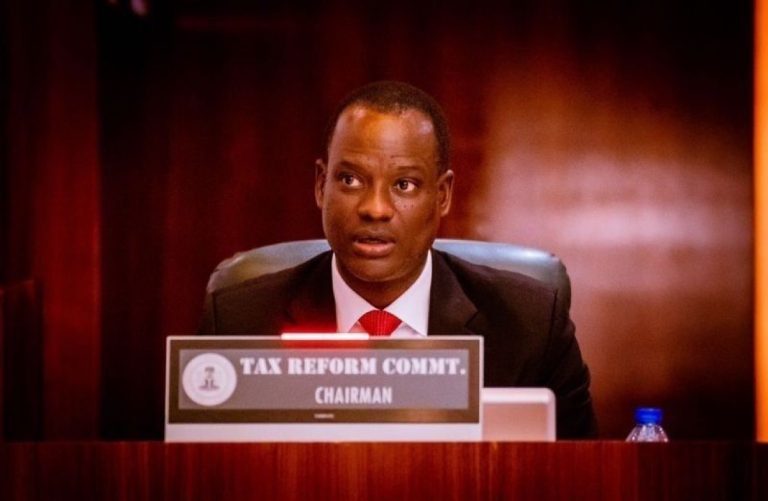
Nigeria’s national grid crashed to zero megawatts (MW) at 10:51 am on Monday, causing a power outage nationwide.
The collapse occurred days after electricity consumers said they had enjoyed improved supply.
The national electricity grid as of 10 am on Monday had 3,712MW generated from 21 Generation Companies (GenCos) before it dropped to 0MW one hour after.
According to the information from the System Operations, a section of the Transmission Company of Nigeria (TCN), only Afam IV was on the grid but with zero supply as of 12noon.
As of Sunday, the highest generation was 4,100MW while the lowest was 3,652MW with the frequency hovering between 49.04 Hertz (Hz) and 50.34Hz.
Since July 1 this year, consumers said power supply had increased in their various areas.
For instance, the Abuja Electricity Distribution Company (AEDC) recently confirmed an increment in its daily allocation to over 500MW from the actual 300MW it had distributed before then.
Though the national grid had not crossed 5,000MW, Daily Trust observed that level of load rejection especially around the DisCos’ networks had dropped significantly with some customers entitled to a five-hour supply, recording over 12 hours daily.
The Nigerian Electricity Regulatory Commission (NERC) had attributed the improvement in power supply nationwide to the partial activation of contracts that seeks to hold sector operators liable for deliberate incompetence.
The national grid collapsed twice in July and in August but was quickly restored and power supply improvement was sustained before the latest system collapse on Monday.
According to records, this is the seventh system collapse this year, much more than the three recorded last year.
Although TCN, the national grid manager was yet to establish the cause of the crash, some insiders said it could be a result of maintenance of the 330 kilovolts Jos – Bauchi transmission line maintenance slated for Monday.
Some DisCos including Kaduna Electric, Enugu, and Kano, had already communicated the nationwide outage to their customers noting that efforts were ongoing to restore supply.





